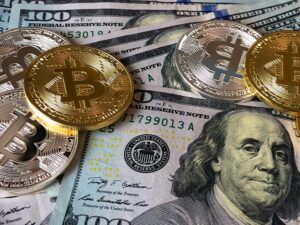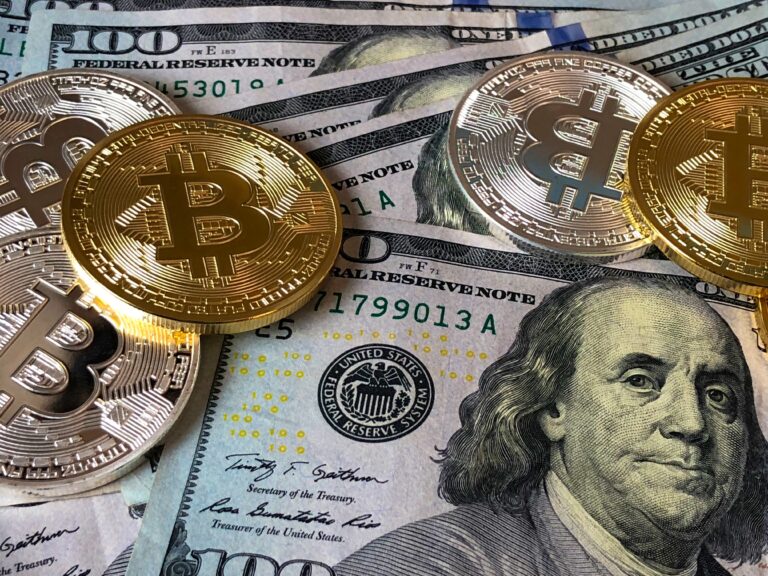Introduction: Inflation, the sustained increase in the general price level of goods and services, is a critical factor in economic decision-making. It affects consumers, businesses, and governments, reshaping purchasing power and influencing investment strategies. This blog delves into the dynamics of inflation and its effects on various economic stakeholders.
Body: When inflation is moderate, it can incentivize spending and investment. Consumers are motivated to make purchases now rather than later when prices might be higher. Similarly, businesses may choose to invest in expansion or new ventures to capitalize on rising prices. However, high inflation rates can erode purchasing power, causing uncertainty and hindering long-term planning.
Inflation also affects the way governments manage their budgets and monetary policies. Central banks often use interest rates as a tool to control inflation. By raising interest rates, they aim to reduce spending, curbing inflationary pressures. Conversely, lowering rates stimulates economic activity, but it can exacerbate inflation if not carefully managed.
Moreover, inflation impacts different income groups in distinct ways. Fixed-income earners, such as retirees, may find it more challenging to maintain their standard of living when prices rise. On the other hand, individuals with assets that appreciate with inflation, like real estate or stocks, may benefit from this phenomenon.
Conclusion: Understanding the effects of inflation is crucial for making informed financial decisions. Whether planning for retirement, managing a business, or formulating economic policy, recognizing the impact of inflation on purchasing power is essential for achieving economic stability and prosperity.















+ There are no comments
Add yours